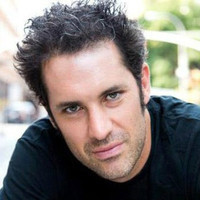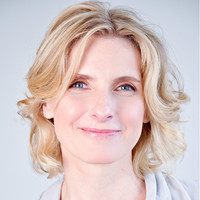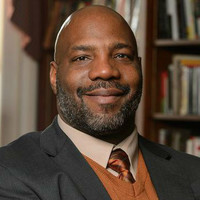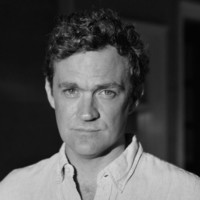Sponsored
Sponsor: Padded Spaces
Read and relax with your iPad or Kindle with Prop 'n Go resting on your lap.
Featuring a thin, contour base of memory foam and 14 easily adjustable angles, Prop 'n Go is ideal for those who desire effortless comfort while reading anywhere. Portable and convenient, Prop 'n Go’s anti-slip surface also keeps your gadget resting firmly in place, making it the best iPad stand for bed and on the couch.
The future proof design of Prop 'n Go allows you to upgrade and switch tablets and gadgets of all shapes and sizes, anytime.
Available at PaddedSpaces.com and Amazon.com with free shipping for $34.95.



















